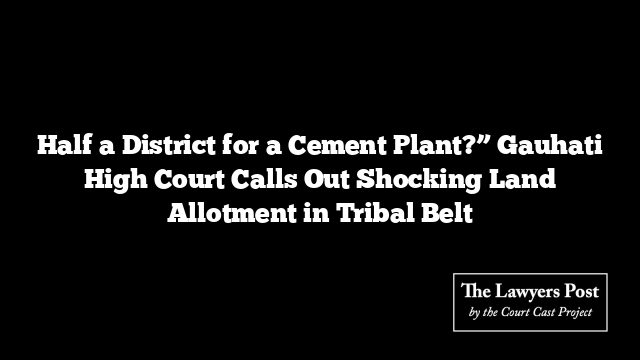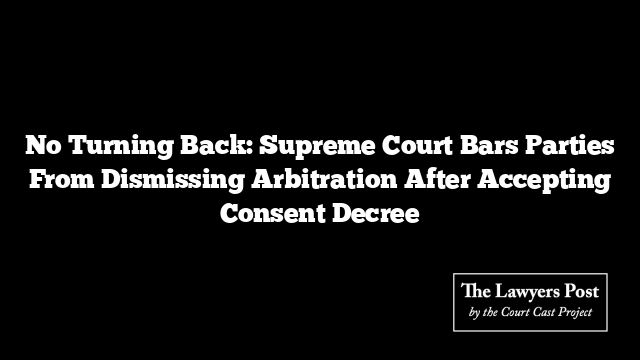The Gauhati High Court could hardly contain its disbelief when told that nearly 3,000 bighas of land in Assam’s Dima Hasao district—an area protected under the 6th Schedule of the Constitution—had been handed over to a cement company.
Justice Sanjay Kumar Medhi, visibly taken aback, asked in open court:
“What kind of a decision is this? Is this some kind of joke? Do you realise the scale of 3,000 bighas—it’s practically half the district?”
The land in question lies in Umrangso, an ecologically sensitive pocket known for its hot springs, migratory bird routes, and wildlife. Instead of prioritising tribal interests, the Court observed, an enormous chunk was carved out for Mahabal Cements.
The judge directed the North Cachar Hills Autonomous Council to produce records explaining the policy that allowed such an allotment, remarking that the deal seemed nothing short of extraordinary.
The matter arose from a cluster of petitions: local villagers challenging their eviction, and Mahabal Cements asking for protection against alleged disruptions to its operations. While the company’s counsel argued it had secured a 30-year lease through a tender process, lawyers representing tribal residents insisted their displacement could not be justified under the constitutional safeguards for the region.
The Court has fixed September 1 as the next date of hearing, making clear that it intends to closely scrutinise how such a vast tract of tribal land came to rest in corporate hands.




